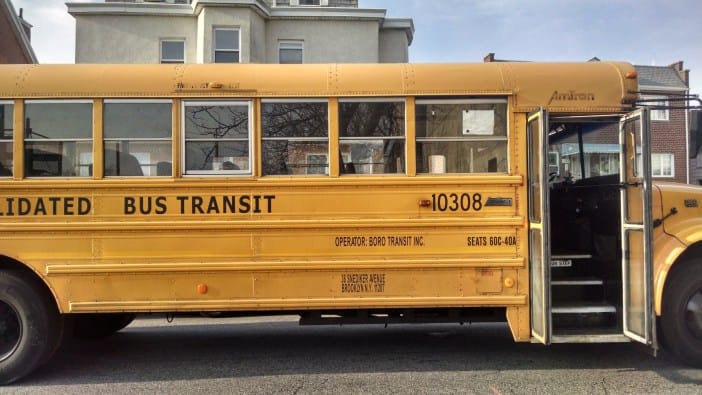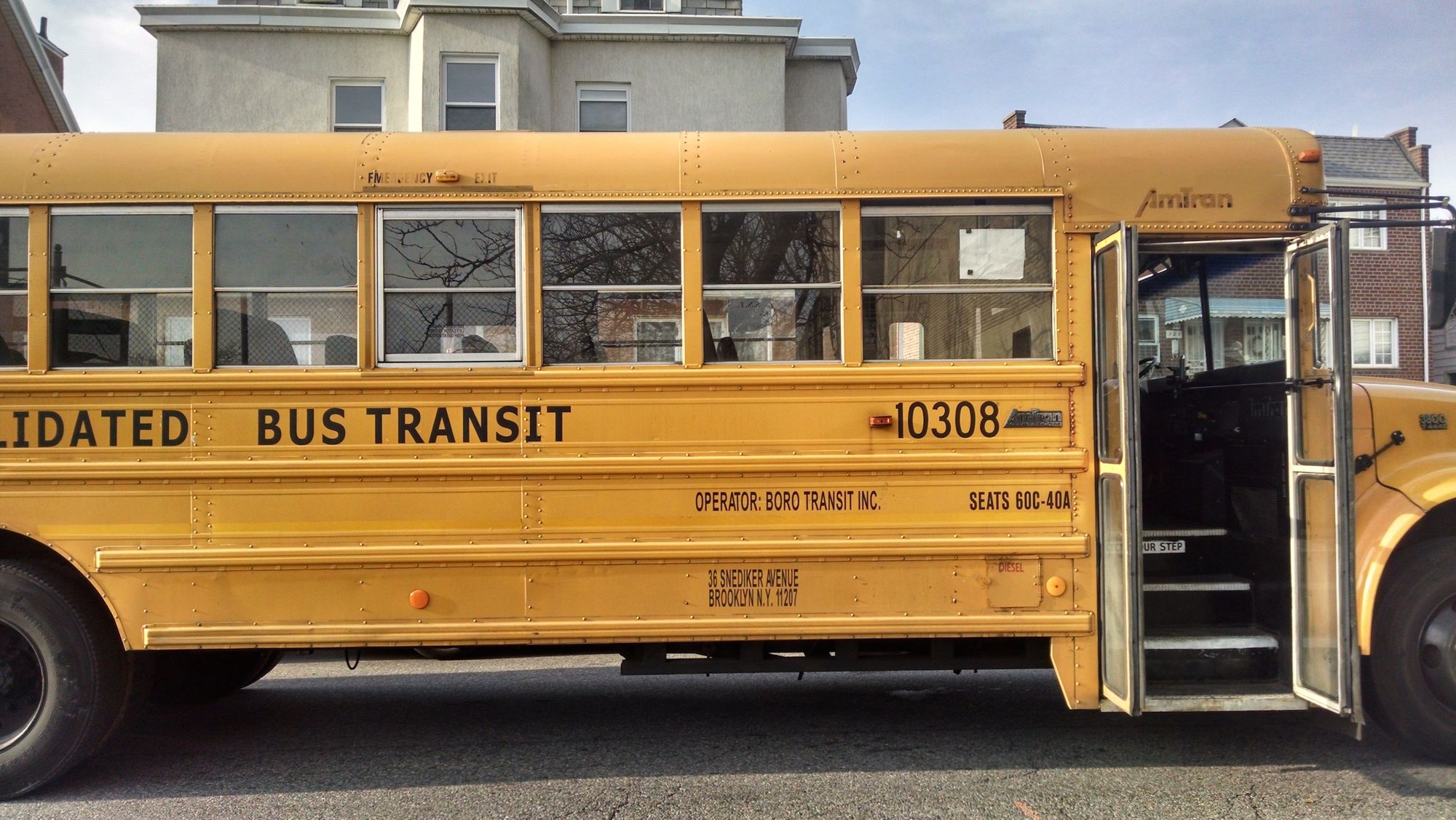Kindergarten Applications Are Due Next Month: Here’s a 4-Step Guide To Applying (Districts 20 & 21)


It’s that time of year again: the Kindergarten Application period is open, with the January 13 deadline fast approaching. Here’s our guide to keep you sane while applying.
Editor’s Note: Yuri Nazarov, a father of three from Bensonhurst, has become something of a guru when it comes to maneuvering New York City’s byzantine school system. A metrics developer by trade, he created this handy interactive dashboard ranking public, charter, and private schools by math and English scores. He also started the popular Bensonhurst Parents and Schools Facebook group. The following kindergarten guide has been edited and condensed with his permission:
Hey pre-K parents, have you decided which kindergarten you want your child to attend in the fall of 2017? Between private, charter, and specialized schools, the options can be overwhelming, so we’ve put together this guide to help make the process easier.
Your school search should start with a basic question: How good is your zoned school? You can learn more about your zoned school through word of mouth, visiting Inside Schools, or look at last year’s Math and ELA test results and school progress reports. (If you don’t know your zoned school, click here to find out.) For parents who live near an excellent zoned school, provided that school has enough seats for all in-zone applicants, your search is over. Others, read on.
You should always apply to your zoned school, just to be safe and have a spot there, but what are your other options? There are four separate tracks that you can use, which I will describe below. Ideally, you will get four yeses and then will pick the best option for your child. The more options you pursue, the better off you will be in the end.
1. General Ed Application
The first step is to apply to your zoned school, as well as any un-zoned school within your school district.
Some of the more popular zoned schools, like, for example, P.S. 247 in District 20, usually have more in-zone applicants than seats, so, even if if your family is zoned for it, you should have other options, as backup.
For example, District 20 also has TAOTS P.S. 682, an un-zoned school that happens to be very good, so if you live in District 20, you should include it on your General Ed list.
Kindergarten applications for the 2016-2017 school year are currently being accepted online until the deadline of January 13, 2017.
2. Charter School Application
Next, find out of there are any good charter schools in your neighborhood and apply to them. For example, in Bensonhurst, we have Success Academy of Bensonhurst (99 Avenue P), which accepts kids of any New York State resident, with priority to District 21 and English Language Learners.
3. G&T (Gifted and Talented) Application*
Your child will need to prepare for a test in January and score in the 90th percentile to qualify, but if he or she scores high enough, this gives you additional school options, including Brooklyn School of Inquiry (BSI) P.S. 686, as well as several district-wide programs. In District 20, those include P.S. 200, P.S. 204, P.S. 205, P.S. 229, P.S. 102, P.S. 105, and others. In District 21, there is P.S. 215, P.S. 99, and P.S. 95.
Though your child needs a score of 90 or above to qualify, the number of kids that qualify often exceeds the number of spots in the program. As a result, in order to get into a Gifted Program in District 20, you often need a score of 95 and above, and in District 21 (which has fewer G&T Programs), kids must score in the 99th percentile for two of the schools and in the 97th percentile for a third.
Don’t get discouraged by the term “Gifted and Talented.” It is misleading, because a lot of academically stronger kids of “typical” abilities may qualify. If you are worried that your child will be surrounded by little geniuses, don’t. This program is generally not focused on what’s known as “profoundly gifted”.
On the other hand, don’t get overconfident and assume that your child will ace the test without any preparation. Some kids do, but most don’t, and you don’t want your child to be competing against the kids who are better prepared.
4. Private Schools
Finally, there are some great private schools in the area, and there are some that are only OK. Some private schools cater to particular ethnic or religious demographics. The strength of the curriculum and instruction varies widely, and the data is scarce. It’s important to know what your priorities are, especially since you are likely paying big money for these schools.
Private schools are not required to participate in standardized tests, but many choose to do so anyway (some private schools test kids only in certain grades, such as 4th and 8th grades). Though test scores can’t measure everything, typically, when a school has a similar percentage of students with disabilities and English Language Learners, but lower test scores when compared to other schools in the neighborhood, that could be a red flag.
*Tips For Taking G&T Test
The test consists of two parts: NNAT2 (non-verbal, patterns and geometry) and OLSAT (situation and verbal skills). The easy patterns for kindergarten are simple, while the advanced are pretty challenging, but the NNAT2 tends to be a little easier for kids, because every NNAT question has the same format: “What belongs in the empty spot?”
The OLSAT, on the other hand, seems a little easier to a grown-up, but it’s often harder for kids, because it asks a variety of different questions that the child has to fully understand before he or she even starts working on the answer.
Another challenge: Most 4-year-olds have never taken a test before, so it helps if they get familiar with the format of the test. They should practice focusing for a 45-minute stretch and work in front of a stranger.
For all those reasons, if you are going to apply for a G&T program, I recommend that you get your child prepared for the test. One of the more economical ways is to buy a premium membership to the Testing Mom website, which offers sample tests, as well as interactive games to help kids prepare on their own.




